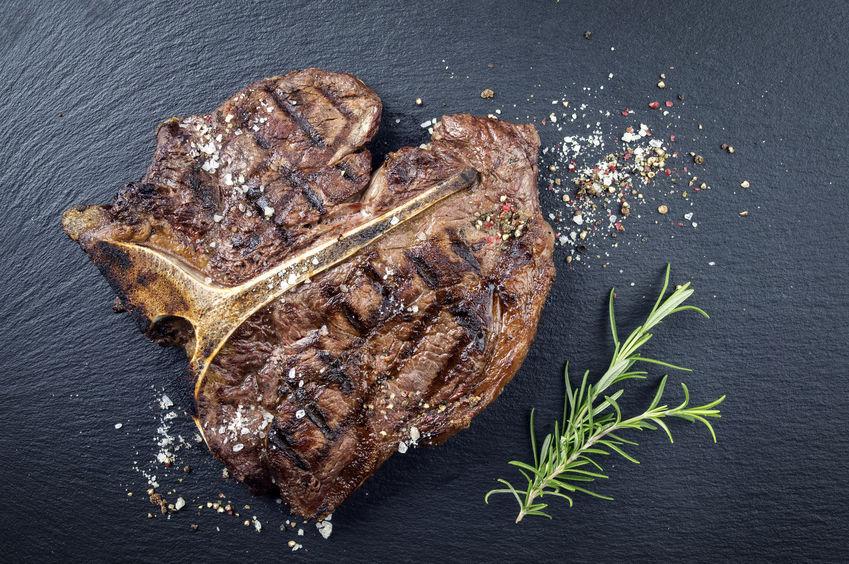 Choosing between a propane or charcoal grill often depends on personal preferences and specific cooking needs.
Choosing between a propane or charcoal grill often depends on personal preferences and specific cooking needs.
Propane grills are celebrated for their convenience and quick startup, making them a popular choice for those who value efficiency.
They offer precise temperature control, which can be particularly useful for recipes that require specific heat levels.
Charcoal grills, on the other hand, are loved for the distinct smoky flavor they impart to food.
For many grilling enthusiasts, this is a critical factor that enhances the overall grilling experience.
Charcoal grills might take longer to heat up, but the flavor and experience of cooking over real flames can be highly rewarding.
For those prioritizing convenience and control, propane grills tend to be better, while those seeking authentic flavor may prefer charcoal grills.
This decision ultimately boils down to whether you prioritize ease of use or the traditional taste and experience.
Understanding Grilling Methods
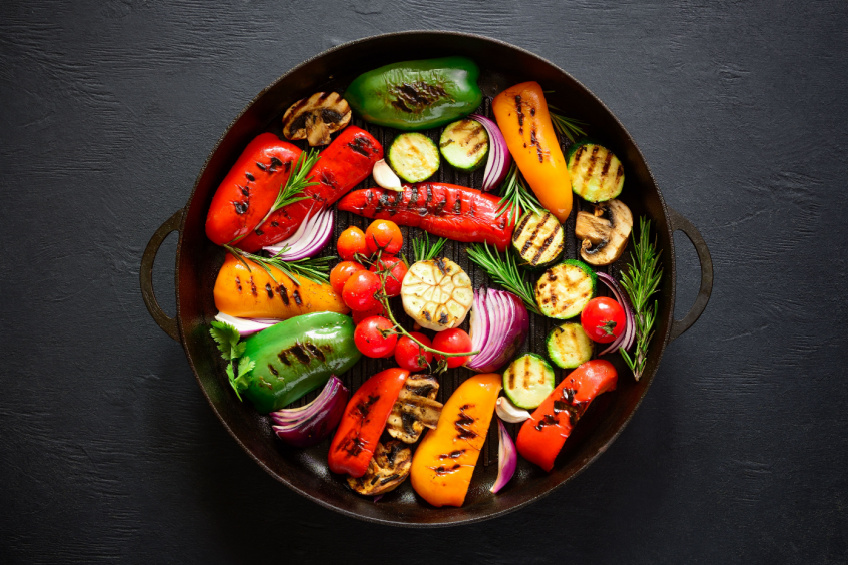
Grilling involves different techniques, each offering unique flavors and experiences.
Propane grilling provides convenience, quick start-ups, and temperature control, while charcoal grilling offers rich, smoky flavors and high-heat searing capabilities.
Basics of Propane Grilling
Propane grilling is known for its ease and efficiency.
It heats up quickly, allowing users to start cooking within minutes.
Temperature control is straightforward, with adjustable knobs providing precise heat settings.
Safety features, such as auto-shutoff valves, enhance user confidence.
Propane grills require less cleanup compared to their charcoal counterparts.
Their design typically includes grease management systems that reduce flare-ups.
Accessories, like side burners and rotisseries, expand cooking options, making propane grilling versatile.
Portability is another advantage, as propane tanks are easy to transport and replace.
Basics of Charcoal Grilling
Charcoal grilling requires more time and effort to set up.
Charcoal briquettes or lump charcoal are essential for achieving the desired heat and flavor.
The slow start-up allows for proper preheating, which is vital for even cooking.
The unique aspect of charcoal grilling is its ability to impart an authentic, smoky flavor.
This is achieved through the burning of wood chips or pellets, which can infuse food with distinctive aromas.
Temperature control requires skill, as it involves adjusting vents and arranging coals.
Charcoal grills support direct and indirect cooking methods, offering flexibility.
Cleanup involves handling ash, which can be messy.
Charcoal grilling offers an engaging experience for those who enjoy traditional methods and distinct flavors.
Comparing Heat Control
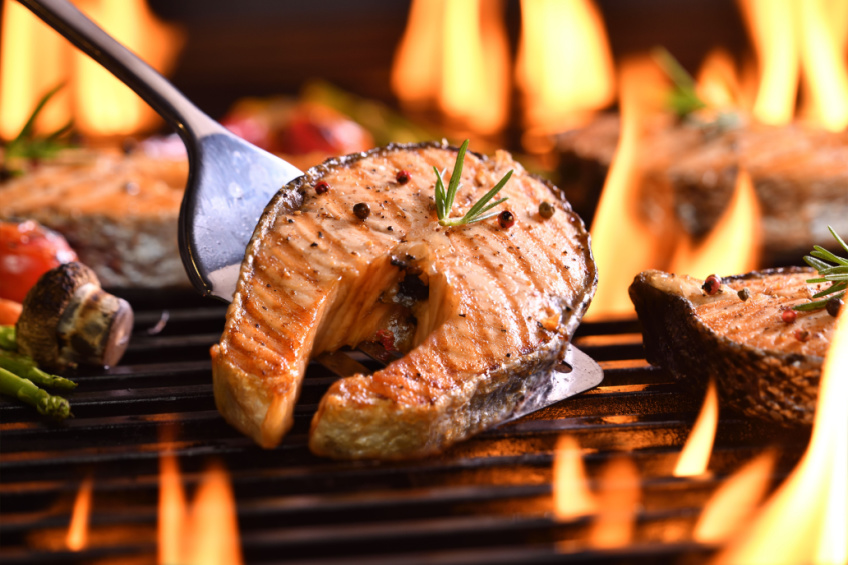
Propane and charcoal grills offer distinct methods for managing heat.
Propane grills provide adjustable burners for precise heat control, while charcoal grills rely on adjusting airflow and coal arrangement.
Temperature Precision with Propane
Propane grills excel in offering precise heat control.
These grills come equipped with adjustable burners, allowing users to set the temperature with a simple turn of a dial.
Consistent heat distribution ensures that food cooks evenly throughout the grilling process.
For those who prefer cooking multiple types of food at once, propane grills offer the advantage of multi-zone cooking.
By setting different burners to varying temperatures, chefs can simultaneously prepare foods that require diverse heat levels.
Temperature gauges often found on the lid further aid in monitoring and maintaining desired heat levels.
Regular maintenance, such as checking gas levels and ensuring burner functionality, ensures the grill operates at optimal efficiency.
This type of grill appeals to individuals who prioritize convenience and consistency in their grilling experience.
The Charcoal Experience
Charcoal grills provide a more hands-on approach to heat management.
Users adjust the heat by manipulating the airflow and positioning of the coals.
This requires a bit more skill and patience, as the heat progression is less instantaneous compared to propane grills.
Many enthusiasts appreciate the natural smokiness that charcoal contributes to food, enhancing the flavor profile.
Mastering the heat involves arranging the charcoal and regulating the air vents to achieve desired temperatures.
This offers an authentic grilling experience, appealing to traditionalists who relish the process.
Charcoal grills might take longer to heat up, but they provide flexibility in creating both direct and indirect cooking zones.
This accommodates a range of cooking techniques for various culinary needs.
Examining Flavor Profiles
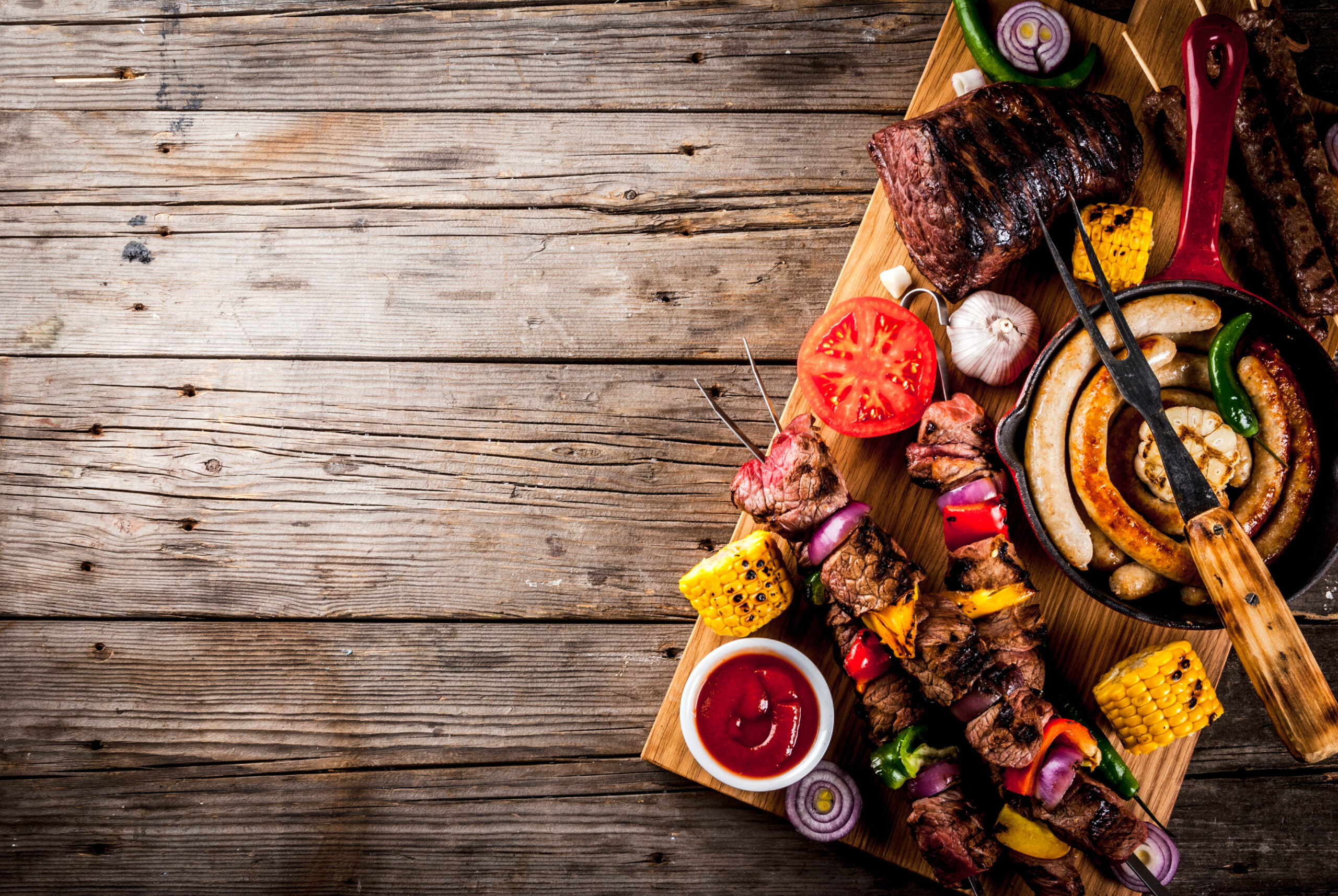
The choice between propane and charcoal grills significantly affects the taste of the food.
Each option offers distinct characteristics that can influence the overall grilling experience.
Flavor plays a crucial role, and understanding these differences can help in making an informed decision.
Flavor from Charcoal
Charcoal grills are renowned for imparting a smoky, rich flavor to grilled foods.
This distinctive taste comes from the charcoal and wood chips that burn during the grilling process.
As the juices from meats drip onto the hot coals, they vaporize, rising back up to coat the food with an aromatic smokiness.
The Maillard reaction is enhanced by the high, direct heat of charcoal, creating a beautifully charred crust.
This process adds complexity, making grilled food more flavorful and appealing.
Different types of charcoal, such as lump or briquettes, also contribute unique flavors based on their wood sources.
Charcoal grilling can be more challenging due to temperature control, yet many find the enhancement in flavor worth the effort.
For those who appreciate a robust, smoky taste, charcoal may be the preferred choice.
Propane and Flavor
Propane grills offer convenience with consistent heat, allowing for precise temperature control.
While they may lack the inherent smoky essence of charcoal, propane grills excel in preserving the natural flavors of the food itself.
The clean burning of propane produces minimal smoke, which can be a benefit when grilling delicate items like fish or vegetables.
This type of grill can also accommodate wood chips or smoker boxes to introduce additional flavor layers when desired.
Many grill enthusiasts choose propane for its ease of use and speed.
The ability to maintain specific temperatures can be crucial for applying sauces or cooking at lower heats, preserving tender juices without overpowering the food’s natural taste.
Ease of Use and Convenience
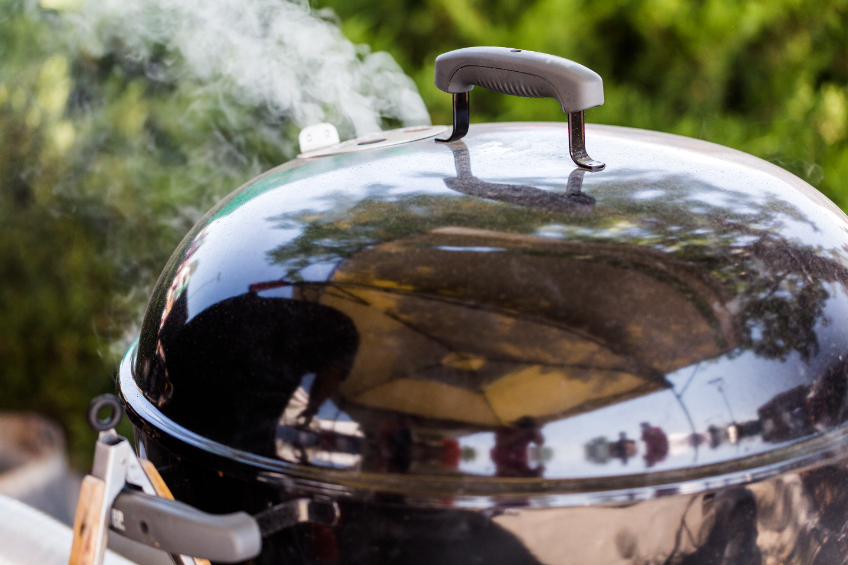
Both propane and charcoal grills offer unique advantages in terms of setup and maintenance, affecting ease of use and overall convenience.
Propane grills tend to be quicker and more straightforward to start, while charcoal grills require more preparation and cleanup.
Propane Grill Setup and Maintenance
Using a propane grill is straightforward and efficient.
Starting one involves connecting the propane tank and igniting the burners with an ignition switch, offering a heat source in minutes.
Temperature control is easy, thanks to adjustable knobs.
Maintenance is relatively uncomplicated.
Users clean the burners and grates regularly and replace the propane tank as needed.
Propane grills may have a grease trap, which should be checked and emptied regularly to prevent flare-ups.
The structure design often includes easily removable parts or trays, allowing for quick cleaning with minimal effort.
Charcoal Grill Setup and Maintenance
Starting a charcoal grill generally requires more effort and time.
Users need charcoal briquettes or lump charcoal, a chimney starter, and sometimes lighter fluid.
Achieving the desired temperature might take 15-30 minutes.
Managing heat includes adjusting air vents and stacking coals.
Maintenance involves removing ash after each use, which can be messy.
Charcoal grills require cleaning the grate and interior regularly to prevent buildup.
Often equipped with simple, durable parts, they demand less frequent replacement, but thorough cleaning is essential for optimal performance.
The setup might be more labor-intensive but appeals to those seeking a hands-on experience.
Safety Considerations
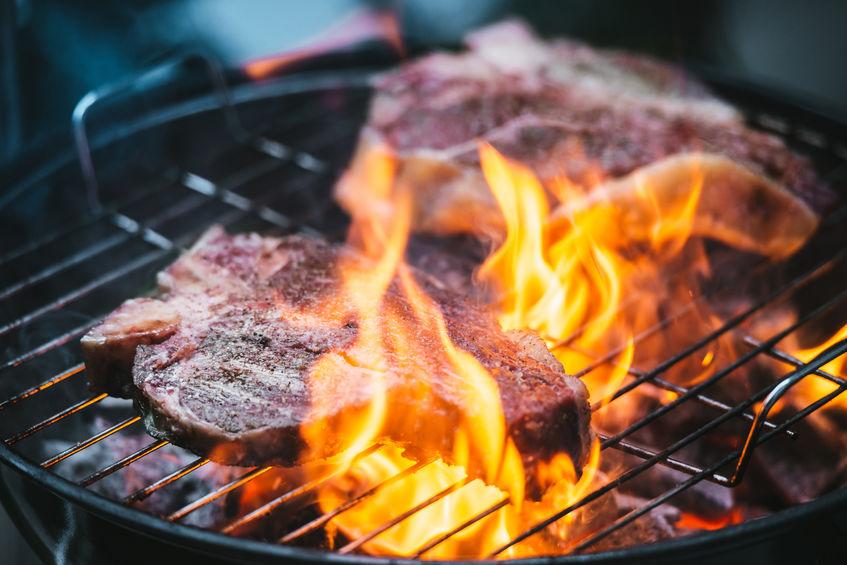
When considering grill safety, propane grills have automatic shut-off features, while charcoal grills involve handling flammable materials.
Understanding the distinctions in safety can enhance your grilling experience.
Propane Grill Safety
Propane grills offer safety due to their design and features.
Automatic shut-off valves are an essential component, providing a way to stop gas flow if needed.
Users must routinely check hoses and connections for leaks.
A simple soapy water solution can help detect leaks by forming bubbles at the leak points.
Proper storage of propane tanks is crucial.
They should be stored upright and away from heat sources to prevent accidental ignition.
When lighting a propane grill, it’s important to follow the manufacturer’s instructions to avoid mishaps.
Keep a fire extinguisher nearby, ensuring it is suited for flammable gas fires.
Charcoal Grill Safety
Charcoal grills require careful handling due to the use of flammable materials.
Starter fluids should be used sparingly, following all directions to prevent flare-ups.
Charcoal briquettes and lighter fluids must be stored securely away from children and pets.
Using a charcoal chimney can eliminate the need for starter fluids, giving a safer alternative for ignition.
Monitoring the grill temperature is essential because charcoal can become excessively hot.
Grills should be placed on a non-flammable surface, and never be used indoors or near flammable structures.
Ashes should be allowed to cool completely before disposal, best done in a metal container.
Keeping a bucket of sand or a hose nearby helps in emergencies.
Cost of Operation
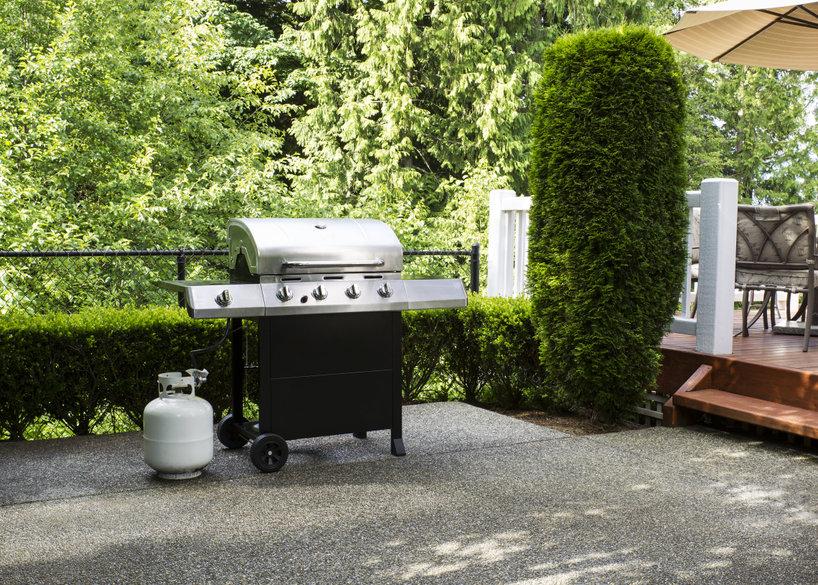
Grilling enthusiasts often weigh the cost efficiency of propane versus charcoal.
The choice between these fuel types can influence long-term expenses based on consumption and maintenance needs.
Propane Cost Efficiency
Propane grills generally feature higher initial costs, but users appreciate their long-term savings.
Propane tanks can range from $15 to $20 for a refill, with various retailers offering competitive pricing.
A standard 20-pound tank often fuels several grilling sessions, making it cost-effective for frequent grillers.
The efficiency of propane also shines through in consistent heat output.
Users can better control consumption, effectively reducing waste.
Additionally, propane grills require minimal cleaning, potentially lowering maintenance costs.
Regular users find that propane grills offer convenience, dual-sided with economic benefits over time.
Charcoal Cost Efficiency
Charcoal grilling typically incurs lower upfront costs but can lead to higher expenses in operation.
Bags of charcoal—whether briquettes or lump—vary in price from $10 to $20.
Depending on grill size and cooking duration, a single grilling session could use a substantial portion of a bag, increasing cumulative costs.
There are environmental and efficiency considerations as well.
Charcoal takes longer to heat, potentially increasing fuel use.
Disposal and purchase frequency may add to expenses.
Despite this, some grillers prefer charcoal for its flavor enhancement, accepting the trade-offs in cost and additional effort.
Durability and Longevity
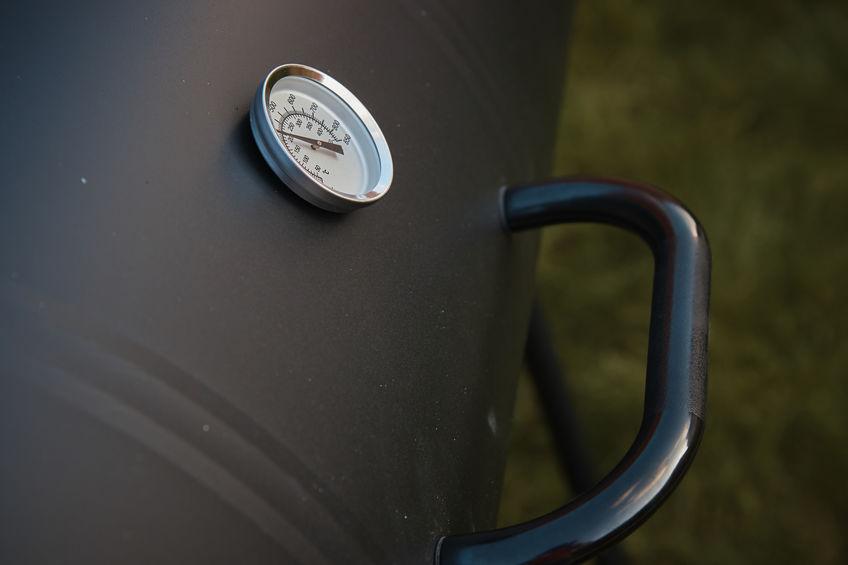
When comparing the durability of propane and charcoal grills, material composition plays a significant role.
Most propane grills are crafted from stainless steel, which offers resistance to rust and corrosion.
This material helps ensure a long service life.
Charcoal grills often use cast iron or steel.
These materials can wear out faster if not protected from moisture.
Regular maintenance, like seasoning cast iron parts, is essential to prevent rust.
Weather conditions can also affect longevity.
Propane grills, due to their design, can be more susceptible to damage from wind and rain if left uncovered.
In contrast, charcoal grills often have fewer components exposed.
Many users report that a good charcoal grill can last up to several years with proper care and storage.
Propane grills tend to have more complex parts, like burners and valves.
These may require periodic replacements over time.
Investing in high-quality models with sturdy construction adds to their longevity.
Charcoal grills, with fewer moving parts, generally require less frequent part replacements.
Routine cleaning and covering the grill when not in use can extend its lifespan.
In summary, both propane and charcoal grills have their unique advantages in terms of durability.
Choice largely depends on the user’s preference for maintenance and potential exposure to the elements.
Versatility in Cooking

Propane grills offer convenience and control.
With adjustable heat settings, they allow for precise cooking of various dishes, easily searing steaks, roasting vegetables, or slow-cooking ribs.
Charcoal grills, on the other hand, excel in imparting a distinct smoky flavor to food, allowing for unique techniques like smoking and indirect grilling, which are ideal for enhancing taste.
However, kettle grills combine the best of both, offering the convenience of propane with the flavor-rich capabilities of charcoal.
Their compact design optimizes airflow, ensuring even cooking and superior results.
While propane grills heat up quickly, making them ideal for fast meals, and charcoal grills can achieve higher temperatures for a crisp crust on meats, kettle grills provide the versatility to master both scenarios.
They’re also highly portable, with a smaller footprint than most traditional grills, making them suitable for tight outdoor spaces while accommodating various cooking surfaces like cast iron grates.
From rotisserie kits to smoker boxes, kettle grills shine as a versatile choice, offering the ultimate outdoor cooking experience with unmatched flavor and adaptability.
Common Accessories and Add-Ons
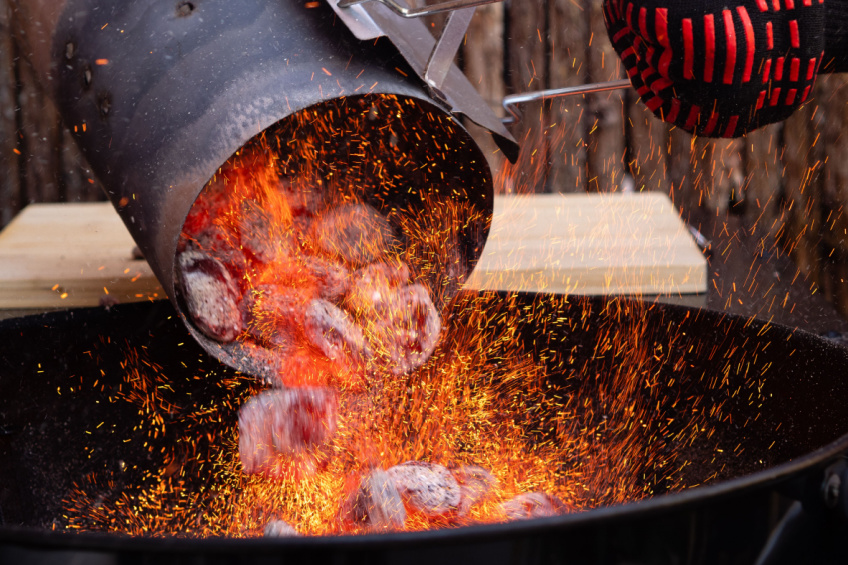
When considering grilling accessories, both propane and charcoal grills have a variety of options to enhance the cooking experience.
Grill covers protect against weather conditions, extending the life of the grill.
For frequent grillers, this is a worthwhile investment.
Charcoal grill enthusiasts often consider chimney starters essential for fast and even coal ignition.
Ash catchers simplify cleanup, preventing messes and saving time.
These add-ons enhance convenience and improve grilling efficiency.
Both types of grills benefit from grill thermometers.
These tools ensure precise cooking temperatures, which is critical for achieving the desired level of doneness.
Grill tool sets, including tongs, spatulas, and forks, are universal essentials for handling food safely and effectively.
For those using propane grills, propane gauges can be very useful.
They help track fuel levels, preventing unexpected outages during grilling sessions.
Additionally, rotisserie kits can add variety to meals, offering a different cooking method for various meats.
Grill lights are particularly handy for night-time cooking, ensuring visibility.
They attach easily to the grill, providing adequate illumination without disrupting the cooking process.
Cleaning brushes are crucial for maintaining both types of grills, promoting hygiene and prolonging grill life.
Consideration of these accessories and add-ons helps create a more enjoyable and efficient grilling experience.
By selecting the right tools, users can tailor their setup according to their cooking preferences and frequency.
Final Considerations
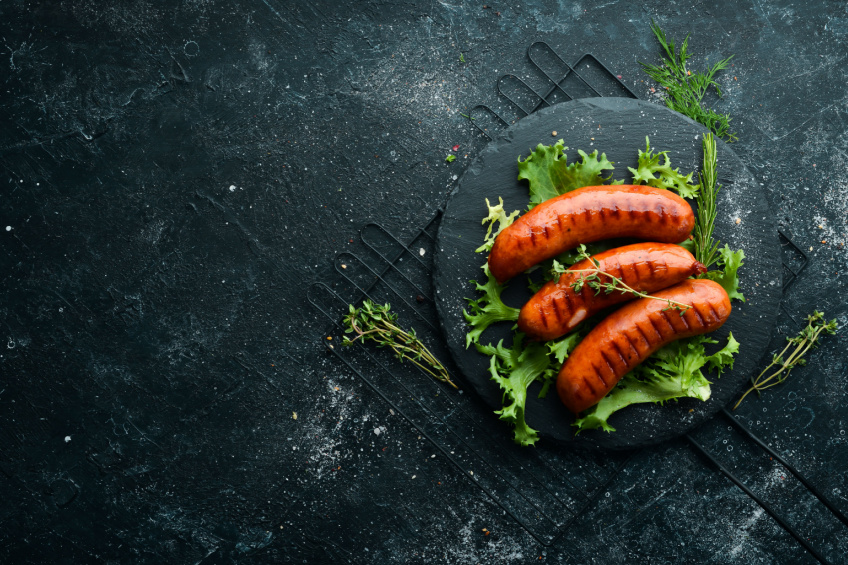
When choosing between a propane and a charcoal grill, several factors merit attention.
Cost plays a significant role; propane grills generally involve a higher initial investment, while charcoal models tend to be more affordable upfront.
Ease of Use is another consideration.
Propane grills offer quick start-ups and consistent heat, which can make them appealing for those who value convenience.
In contrast, charcoal grills might require a bit more effort to ignite and control temperatures, but many users appreciate the cooking experience.
Flavor is a key aspect to think about.
Charcoal grills are renowned for imparting a smoky flavor that many grill enthusiasts adore.
On the other hand, propane grills produce a cleaner taste, which some prefer for specific types of food.
Maintenance is also an important factor.
Propane grills might require less frequent cleaning, while charcoal grills necessitate ash disposal after each use.
Considering the time one is willing to invest in upkeep can influence the decision.
Portability and availability of fuel should not be overlooked.
Propane tanks are easy to replace and can be transported without much hassle.
Charcoal bags are also portable but might take up more space.
Ultimately, personal preferences and lifestyle will dictate what type of grill is most suitable.
Whether prioritizing flavor, convenience, or another factor, understanding the pros and cons of each option can guide individuals in making the best choice.
